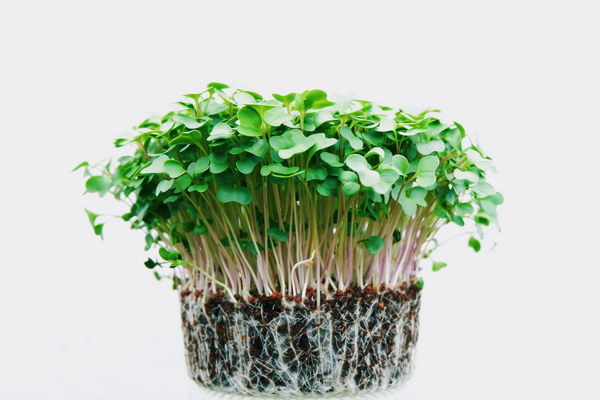The Role of Whole Grains in Boosting Kidney Essence Fact or Myth
In the realm of traditional Chinese medicine, the concept of kidney essence holds a significant place in maintaining overall health and vitality. The belief is that certain foods can either nourish or deplete the kidney essence, which is thought to be the fundamental substance of life. One common question that arises is whether whole grains can help replenish kidney essence. This article delves into the topic to explore whether there is any truth to the claim.
The Concept of Kidney Essence in Traditional Chinese Medicine
In traditional Chinese medicine, kidney essence is considered the root of life, storing the fundamental essence of an individual's health and vitality. It is believed to be located in the kidneys and is closely associated with the body's reproductive system, sexual function, and overall longevity. The theory suggests that the kidney essence can be depleted by factors such as stress, overwork, and poor diet, leading to a variety of health issues.
The Role of Whole Grains in Diet and Health

Whole grains are a cornerstone of a healthy diet, known for their high nutritional value, rich in fiber, vitamins, minerals, and antioxidants. They are often recommended for their role in preventing chronic diseases such as heart disease, diabetes, and certain types of cancer. However, when it comes to their impact on kidney essence, the evidence is less clear.
Can Whole Grains Boost Kidney Essence?
The connection between whole grains and kidney essence is not explicitly addressed in traditional Chinese medicine texts, but there are indirect ways in which whole grains may contribute to overall health and potentially support kidney function.
1. Nutritional Support: Whole grains provide essential nutrients that are important for the body's overall health, including vitamins, minerals, and antioxidants. These nutrients can support the immune system and help maintain organ function, including the kidneys.
2. Fiber: The high fiber content in whole grains can aid in digestion and prevent constipation, which is important for maintaining healthy kidney function. Constipation can lead to a buildup of toxins and increased workload on the kidneys.
3. Blood Sugar and Blood Pressure Control: Whole grains have a low glycemic index, meaning they do not cause rapid spikes in blood sugar levels. This can help in managing blood sugar levels, which is crucial for kidney health, as uncontrolled diabetes can lead to kidney damage.
4. Antioxidant Properties: The antioxidants found in whole grains can protect against oxidative stress, which is a major contributor to aging and chronic diseases. By reducing oxidative stress, whole grains may indirectly support kidney health.
Conclusion
While there is no direct evidence to suggest that whole grains can specifically boost kidney essence in the traditional Chinese medicine sense, their overall health benefits can certainly contribute to kidney health. Incorporating a variety of whole grains into a balanced diet can support overall well-being and potentially help maintain kidney function. However, for those with specific kidney health concerns or conditions, it is always advisable to consult with a healthcare professional for personalized dietary recommendations.
In summary, while the myth of whole grains directly replenishing kidney essence may not be substantiated, their inclusion in a healthy diet is undoubtedly beneficial for overall health, and may indirectly support kidney function.









